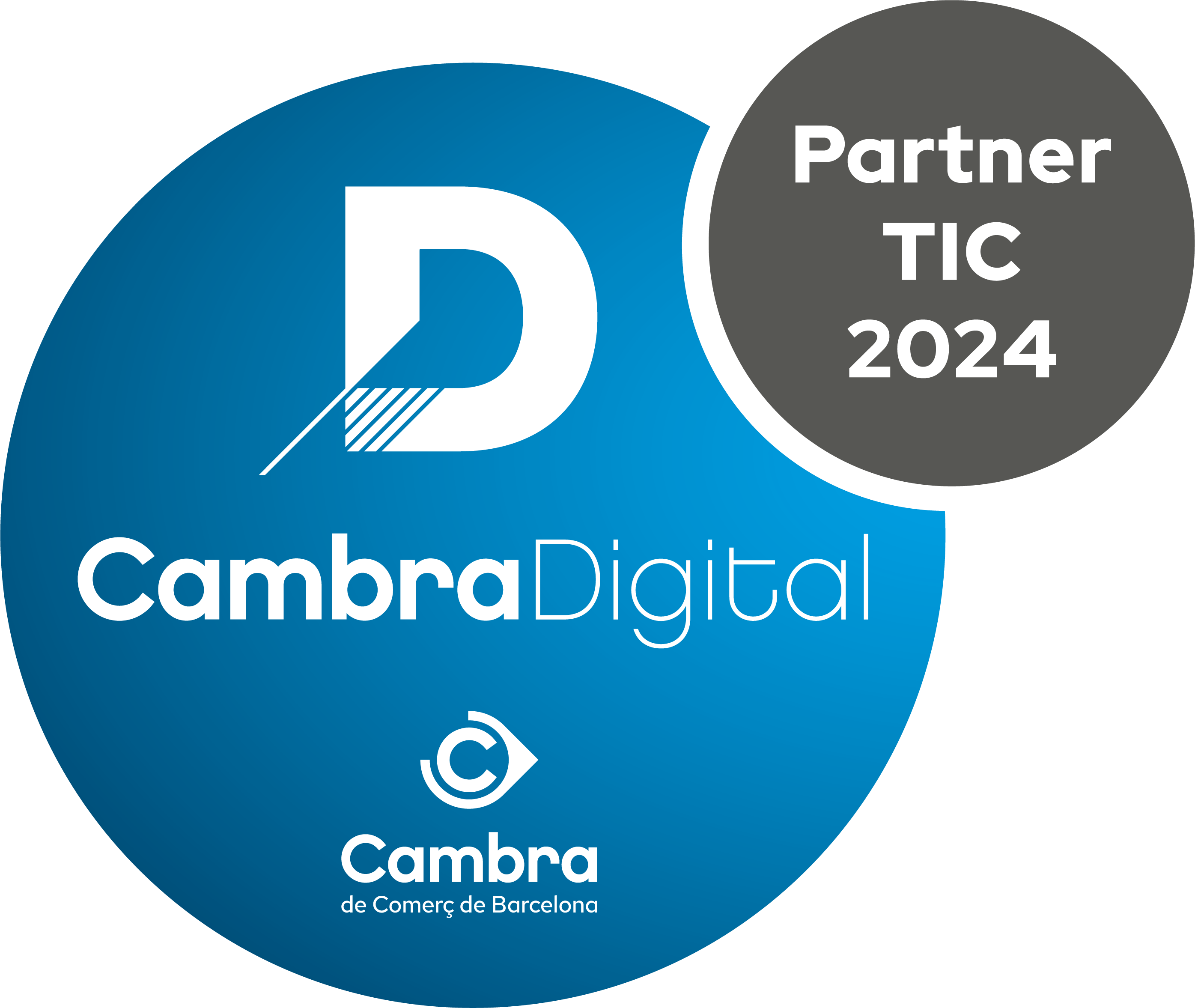
CRM
CRM will allow your company to improve interaction and communication with its actual and potential customers, through the implementation of a set of practices, strategies and technologies, focused on the relationship with the customer.
How to implement a CRM in a company?
CRM is the acronym used for Customer Relationship Management and refers to the set of practices, business strategies and technologies focused on the relationship with the customer. Implementing a CRM in a company is a process that adds value to improve communication and interaction with real customers and prospects. In turn, this maximizes its impact on the production process and business figures.
In order to implement a CRM in a company, it is necessary to have a strategic plan, develop the teams and select the profiles, choose the software and prepare the technological deployment. This will pose a series of chained challenges, for the teams and for the people in charge of making the executive decisions throughout the process; Therefore, it is convenient to leave it in expert hands such as B2B.Studio.





